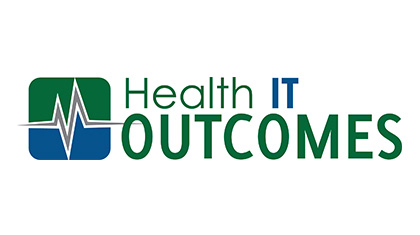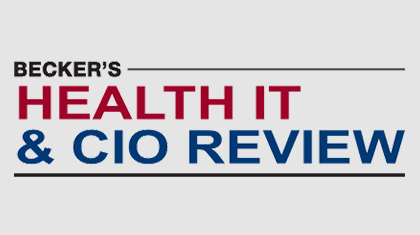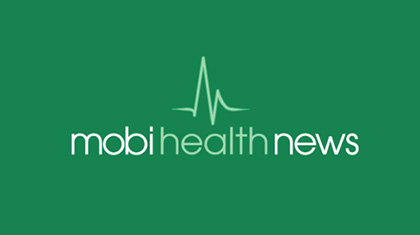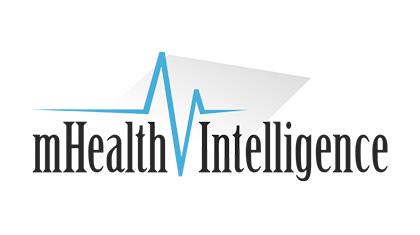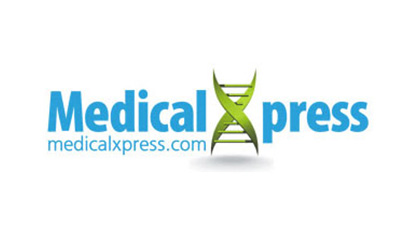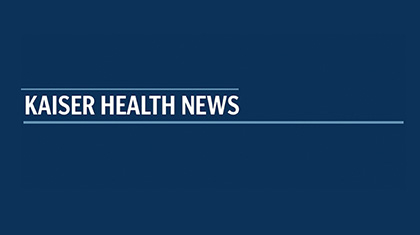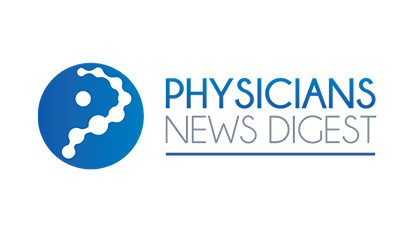The Open Notes initiative which allows patients to access their doctors’ notes in the EHR has the potential to increase safety and care quality. According to a recent study conducted by researchers from Beth Israel Deaconess Medical Center (BIDMC), access to the Open Notes program helps patients engage and increases their safety. “What we heard…
patient safety
Becker’s Health IT and CIO review: 7 things to know about BIDMC’s OpenNotes program
Approximately five years ago, clinicians at Boston-based Beth Israel Deaconess Medical Center started OpenNotes, an initiative that provides patients access to clinicians’ notes in an effort to accelerate transparency, as well as improve patient safety. The researchers recently released key findings from the pilot program, which largely demonstrated the benefits of giving patients access to…
Connecting Patients and Clinicians: The Anticipated Effects of Open Notes on Patient Safety and Quality of Care
The OpenNotes movement began in 2010 with the goal of fostering patient engagement in care and enhancing communication among patients, families, and clinicians. In a demonstration and evaluation study, 1 105 primary care physicians in three cities collectively invited 20,000 of their patients to read their visit notes through a secure electronic portal. After the first year, patients reported many benefits, including feeling more in control of their health, being more prepared for visits, and taking their medications with greater adherence. Physicians saw benefits with little burden, and none chose to stop participating when the pilot ended. Today, the OpenNotes movement has grown from 20,000 patients to about 5 million patients at multiple health care institutions nationwide.
The Boston Globe: It’s best to get a doctor’s note
Virtually all patients have the legal right to read a doctor’s notes after an appointment, yet few do so. Advocates argue that if patients reviewed such notes, they would be better informed and more involved in their health care. But some doctors worry that the practice would disrupt their workflow and potentially scare patients. Now,…
MobiHealthNews: With 5 years of data, BIDMC finds OpenNotes helps doctors catch errors
Beth Israel Deaconess Medical Center in Boston now has five years of data on what happens when patients have access to their doctor’s notes. And from that data, it appears that not only is the arrangement beneficial to patients, but also to doctors — and to the accuracy and quality of the notes. Researchers at the hospital,…
mHealth-Intelligence: How OpenNotes and Portals Improve Patient Engagement
The healthcare industry has been focused on improving patient engagement across the medical care spectrum in efforts to boost health outcomes. Both Stage 2 and Stage 3 Meaningful Use requirements under the Medicare and Medicaid EHR Incentive Programs have specific objectives centered on enhancing patient engagement. Healthcare providers have been aiming to meet these requirements,…
MedicalXPress: Researchers examine the impact of OpenNotes on patient safety
Researchers from Beth Israel Deaconess Medical Center (BIDMC) are homing in on the potential benefits of allowing patients access to the notes their clinicians write after a visit. An article published in the August edition of The Joint Commission Journal on Quality and Patient Safety suggests that this kind of patient engagement has the power…
Kaiser Health News: Patient Safety Advocate Sees ‘Hope And Hype’ In Digital Revolution
Dr. Robert Wachter is a long-time patient safety advocate who has written extensively about the trends affecting quality and safety in health care. Wachter, associate chair of the University of California-San Francisco department of medicine, years ago coined the term “hospitalist” and predicted the rise of that profession. In his new book, “The Digital Doctor: Hope, Hype…
Physicians News: Should Doctors Tell Parents When They’ve Made Medical Mistake?
When a medical error leads to patient harm, it’s hard to argue that no one is more upset than the patient’s family. However, it’s often overlooked that the doctors or nurses who caused that error also may be devastated. “One of the most difficult experiences for any doctor or nurse is when they realize that…
Wall Street Journal: Health-Care Providers Want Patients to Read Medical Records, Spot Errors
Health-care providers are giving patients more access to their medical records so they can help spot and correct errors and omissions. Studies show errors can occur on as many as 95% of the medication lists found in patient medical records. Errors include outdated data and omissions that many patients could readily identify, including prescription drugs…
